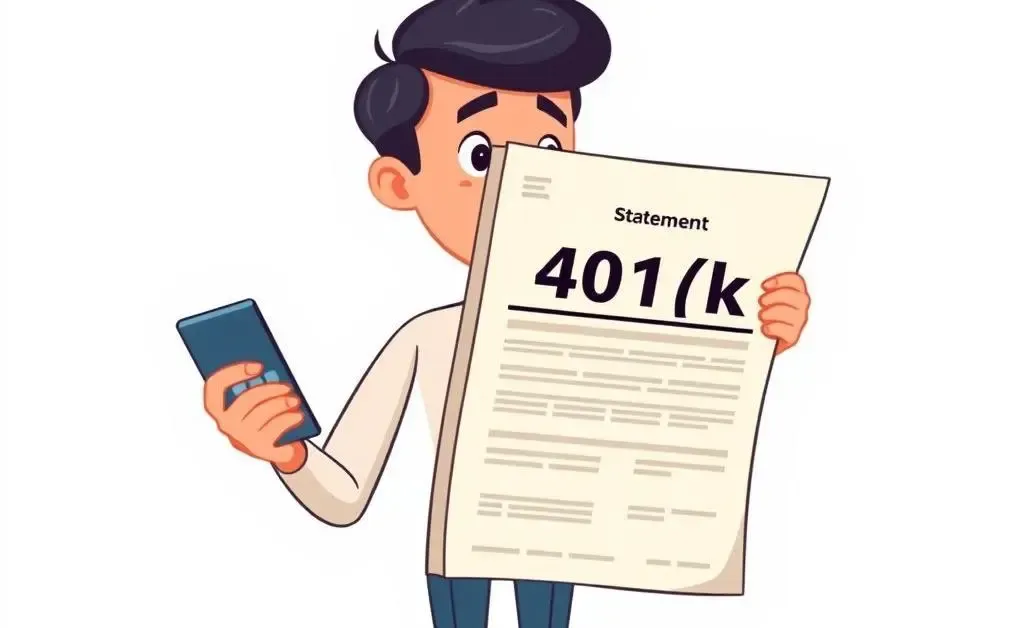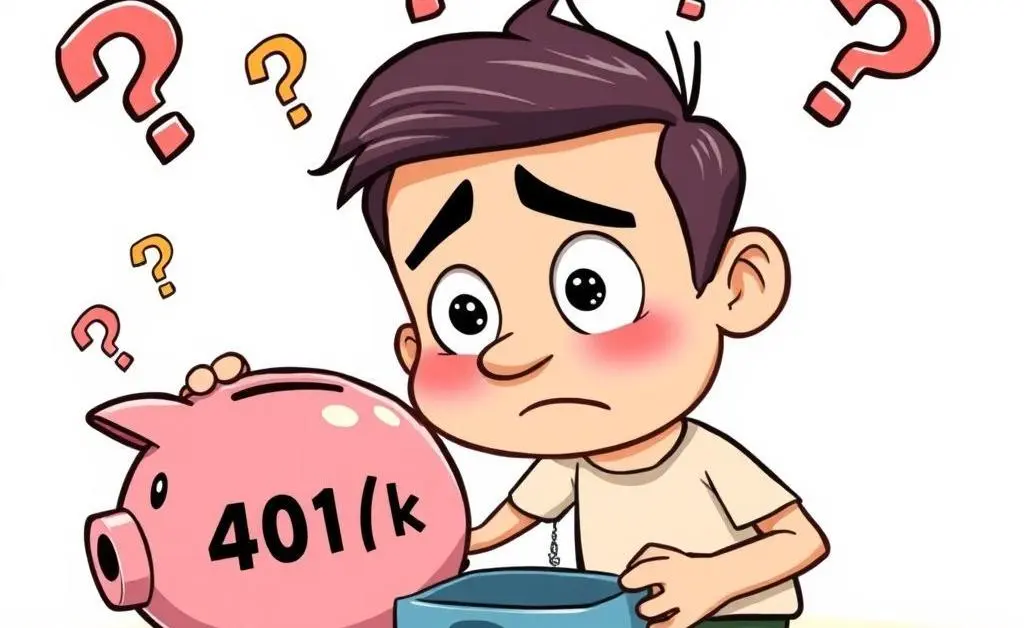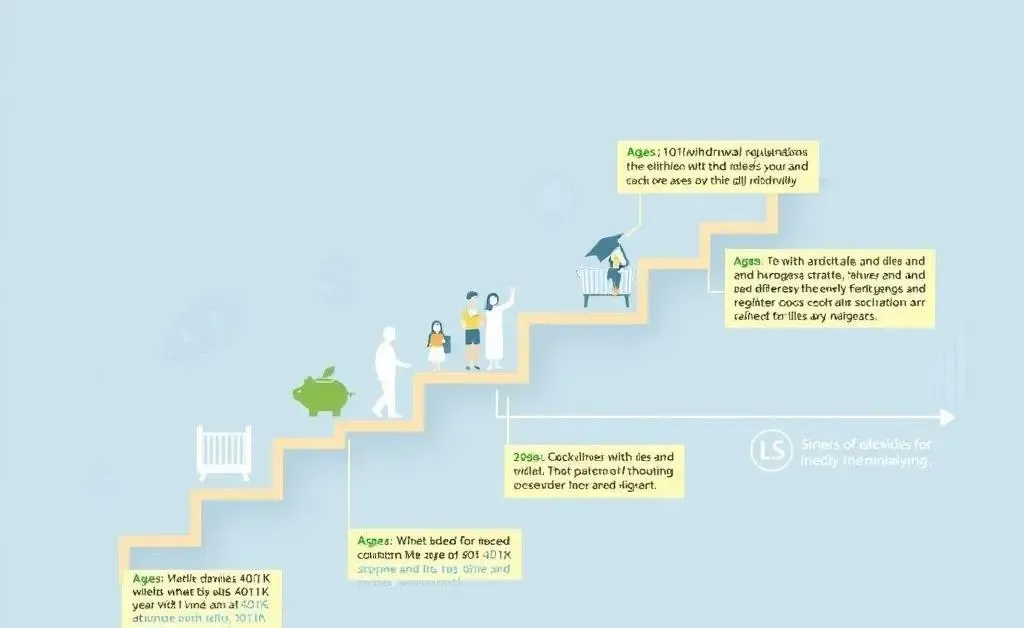Navigating 401(k) Withdrawals: What You Need to Know
Explore key insights on 401(k) withdrawals to make informed decisions.

Have You Ever Wondered About Withdrawing from Your 401(k)?
You're not alone! Many of us get to a point in life where the mysterious world of 401(k) accounts seems ready to unveil itself. Whether it's an unexpected financial need or a strategic retirement move, understanding 401(k) withdrawals can be both a puzzle and a solution. In this article, we'll chat about the basics of 401(k) withdrawals—when it makes sense and what to watch out for.

Why Withdraw from Your 401(k)?
Life happens, and sometimes we need access to funds. So, when might someone consider withdrawing from their 401(k)?
- Emergency expenses: Medical bills or urgent home repairs might require immediate cash.
- Job loss: A gap in employment can make those savings seem tempting.
- Debt repayment: Tackling high-interest debt might save you money in the long run.
The Cost of Early Withdrawal
Here's where it gets tricky. Withdrawing funds from your 401(k) before the age of 59½ typically comes with a 10% early withdrawal penalty along with ordinary income taxes on the amount withdrawn. Ouch! This means that your once-plump retirement savings can shrink considerably if you're not careful.

Exceptions to the Rule
Luckily, there are some scenarios where you can avoid the penalty if not the taxes:
- Unreimbursed medical bills exceeding 7.5% of your adjusted gross income
- A permanent disability
- Substantially equal periodic payments (SEPP)
Is It Worth It?
Let's think about Jane, a 45-year-old who is faced with a job loss. Her immediate reaction is to cash out part of her 401(k) to pay her bills. But before jumping in, she takes a deep breath and talks to a financial advisor. Together, they explore alternatives like leaning on savings, adjusting her budget, or even considering a home equity loan. Ultimately, she decides to only take a small, manageable loan from her 401(k), saving her the hit from taxes and penalties.

Concluding Thoughts
Determining when and how to dip into your 401(k) is a personal choice with significant implications. Always weigh the immediate benefits against the long-term financial health of your retirement nest egg. Have you ever had to toy with the idea of a 401(k) withdrawal? What was the deciding factor for you? Share your experiences and let’s make this a learning journey together.




